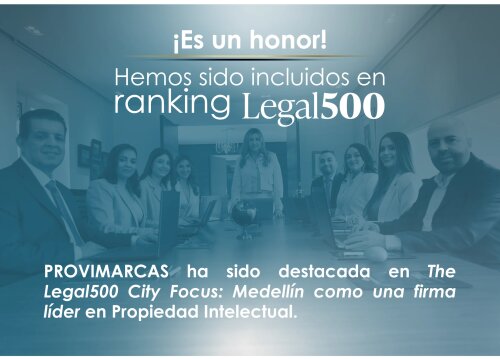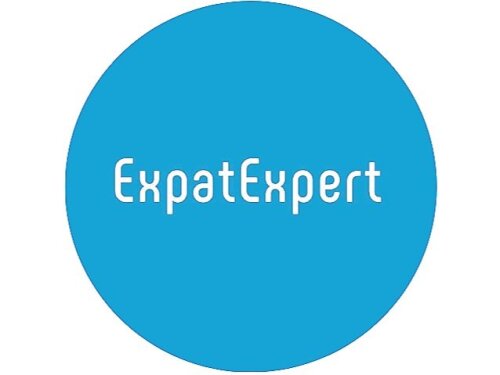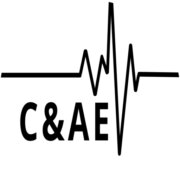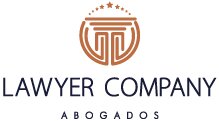Best Transportation Lawyers in Bogota
Share your needs with us, get contacted by law firms.
Free. Takes 2 min.
List of the best lawyers in Bogota, Colombia
About Transportation Law in Bogota, Colombia
Transportation in Bogota, Colombia, is governed by a complex array of national and local laws, regulations, and policies designed to ensure safety, efficiency, and order in the movement of people and goods. As Colombia's capital and largest city, Bogota manages a wide variety of transportation modes including public transport systems like TransMilenio, private vehicles, taxis, ride-hailing services, freight transportation, and non-motorized options such as bicycles. The legal framework includes licensing, permits, traffic regulations, vehicle standards, environmental controls, and passenger rights. Navigating these laws can be challenging without specialized knowledge, especially since urban transportation is continuously evolving in response to social, economic, and environmental concerns.
Why You May Need a Lawyer
There are several situations where individuals and organizations might require legal advice regarding transportation in Bogota. Common scenarios include disputes over traffic violations or fines, accidents resulting in injury or property damage, issues relating to vehicle registration or importation, conflicts with transportation service providers, regulatory compliance questions for commercial transport operators, challenges to traffic authority decisions, or problems related to driver’s licenses and professional permits. Legal experts can also assist with insurance claims, contract disputes involving transport services, and matters linked to public transportation reforms or urban mobility initiatives.
Local Laws Overview
In Bogota, transportation is regulated at both the national and city levels. Some of the key legal aspects include the Traffic Code (Código Nacional de Tránsito Terrestre), mandatory vehicle inspections (Revisión Técnico-Mecánica), emission controls, and the licensing of drivers and vehicles. The city enforces unique regulations, such as the "Pico y Placa" vehicle restriction system aimed at reducing congestion and pollution. Public transport is regulated by the Secretaría Distrital de Movilidad and other authorities overseeing the operation of the TransMilenio system and complementary services. Commercial transportation and freight are subject to additional permits and strict safety guidelines. Traffic offenses, accident liabilities, and insurance obligations are handled within a structured process to ensure accountability and compensation.
Frequently Asked Questions
What are the main forms of public transportation in Bogota?
The primary forms include the TransMilenio bus rapid transit system, SITP (Integrated Public Transport System) buses, taxis, and more recently, ride-hailing services. Biking is also popular, supported by an extensive network of ciclorutas (bicycle paths).
How does the Pico y Placa vehicle restriction work?
Pico y Placa restricts which vehicles can circulate in the city based on the last digit of their license plates and the day of the week. Exceptions exist, but violating the restriction can result in fines and vehicle immobilization.
What should I do if I am involved in a traffic accident in Bogota?
You should ensure everyone’s safety, contact emergency services if necessary, report the accident to the police, and notify your insurance provider. Always exchange information with the other party. If there are injuries or significant property damage, follow official procedures and consider legal advice.
Do I need a special permit to operate a commercial transport service?
Yes, commercial transport operators must obtain permits from the appropriate authorities and meet regulatory standards, which vary depending on the type of service offered.
What are the penalties for traffic violations?
Penalties range from monetary fines to suspension of the driver's license and vehicle impoundment. The severity depends on the type of violation, such as speeding, running a red light, or drunk driving.
Can foreign-registered vehicles circulate freely in Bogota?
Foreign vehicles must comply with temporary import regulations, possess valid international insurance, and may be subject to local restrictions, including the Pico y Placa system.
How do I dispute a traffic ticket?
You may submit an appeal to the Secretaría Distrital de Movilidad or the relevant authority. Having evidence and clear arguments will help your case. Legal assistance is recommended for complex disputes or repeat offenses.
What regulations apply to ride-hailing and delivery apps?
The legal status of ride-hailing and delivery apps is evolving. Drivers and operators are subject to vehicle and driver registration, insurance requirements, and may face periodic regulatory changes affecting service operation.
Is vehicle insurance mandatory in Bogota?
Yes, all vehicles must have SOAT (Seguro Obligatorio de Accidentes de Tránsito), which is obligatory traffic accident insurance. Additional coverage is recommended but not legally required.
Are there specific legal protections for public transport users?
Yes, passengers have rights related to safety, access, non-discrimination, information, and compensation for damages. These are enforced by city authorities and consumer protection agencies.
Additional Resources
Here are some organizations and governmental bodies to assist with transportation matters in Bogota:
- Secretaría Distrital de Movilidad - City mobility authority responsible for traffic regulation and policy implementation.
- Ministerio de Transporte - National agency in charge of transportation policy and regulations.
- Superintendencia de Transporte - Supervisory entity overseeing commercial transportation and user protection.
- Policía de Tránsito - Traffic police involved in enforcement, accident response, and public safety.
- Defensoría del Pueblo - Public ombudsman providing citizen assistance and legal guidance related to transportation issues.
- TransMilenio S.A. - Authority and operator for the main public transport system in Bogota.
- Unidad de Víctimas de Accidentes de Tránsito - Support unit for victims of road traffic accidents.
Next Steps
If you need legal assistance regarding transportation matters in Bogota, start by gathering all relevant documents, such as tickets, permits, contracts, and communications related to your issue. Clearly outline your situation and keep records of any interactions with authorities or other parties involved. Reach out to a local attorney experienced in transportation law, who can provide personalized advice based on the specifics of your case. For minor issues, contact the Secretaría Distrital de Movilidad for guidance or consult online resources for answers to common questions. If your case involves injury, property loss, or complex disputes, seeking formal legal representation is strongly advised to protect your rights and interests.
Lawzana helps you find the best lawyers and law firms in Bogota through a curated and pre-screened list of qualified legal professionals. Our platform offers rankings and detailed profiles of attorneys and law firms, allowing you to compare based on practice areas, including Transportation, experience, and client feedback.
Each profile includes a description of the firm's areas of practice, client reviews, team members and partners, year of establishment, spoken languages, office locations, contact information, social media presence, and any published articles or resources. Most firms on our platform speak English and are experienced in both local and international legal matters.
Get a quote from top-rated law firms in Bogota, Colombia — quickly, securely, and without unnecessary hassle.
Disclaimer:
The information provided on this page is for general informational purposes only and does not constitute legal advice. While we strive to ensure the accuracy and relevance of the content, legal information may change over time, and interpretations of the law can vary. You should always consult with a qualified legal professional for advice specific to your situation.
We disclaim all liability for actions taken or not taken based on the content of this page. If you believe any information is incorrect or outdated, please contact us, and we will review and update it where appropriate.














